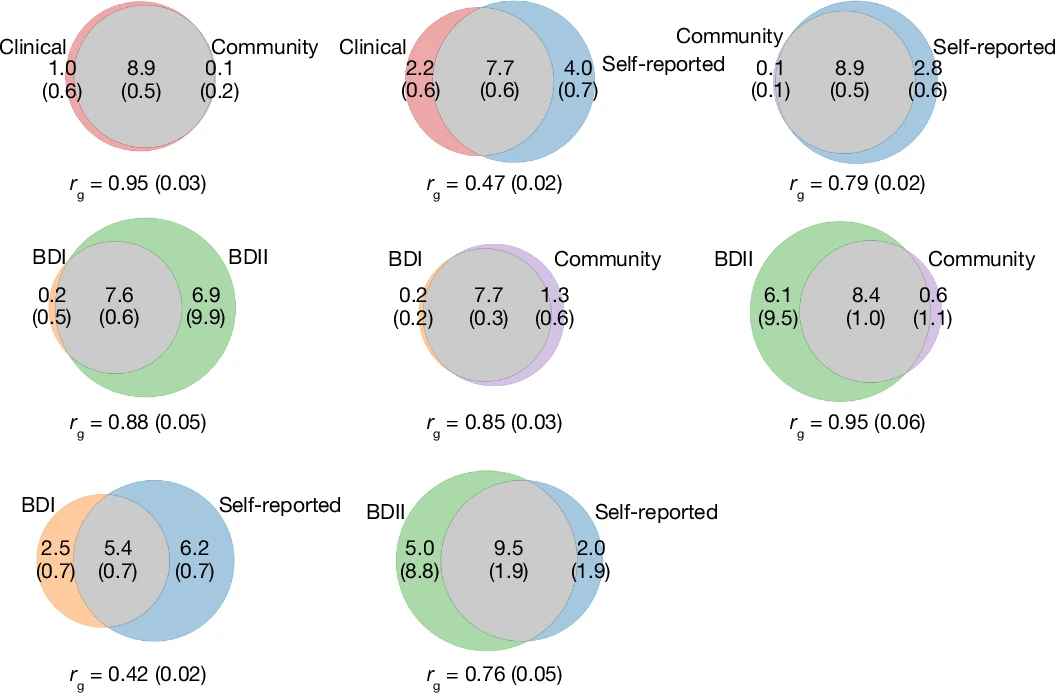Research Uncovers 36 Genes Linked to Bipolar Disorder
A worldwide study, funded by NIH, on Bipolar disorder discovered around 300 gene locations and 36 unique genes that are most likely linked to the disorder.
This study was led by researchers in the Bipolar Disorder Working Group of the Psychiatric Genomics Consortium, in which they studied around 158,000 people with bipolar disorder and around 3 million people who did not have this disorder.
The participants were from European, East Asian, African American, and Latino ancestries, making this a diverse research study (NIH, 2025). The hope of this study was to figure out the range of genes involved with bipolar disorder and how each gene differs from each subtype of the disorder. These findings may help with personalized treatments to improve the lives of people with bipolar disorder.
This identification of the 36 unique genes is four times the number of the previously known genes. They also connected these genes to schizophrenia and depression, which can correlate these disorders biologically. Along with the new gene locations and the 36 unique genes, the researchers also discovered differences in the genetic architecture across bipolar disorder subtypes.
References
NIH. (2025, March 4). Study Illuminates the Genetic Architecture of Bipolar Disorder. National Institute of Mental Health (NIMH). https://www.nimh.nih.gov/news/science-updates/2025/study-illuminates-the-genetic-architecture-of-bipolar-disorder
O’Connell, K. S., Koromina, M., van, Boltz, T., David, F. S., Jessica, Y., Lin, K.-H., Wang, X., Jonathan, C., Mitchell, B. L., McGrouther, C. C., Rangan, A. V., Lind, P. A., Koch, E., Harder, A., Parker, N., Bendl, J., Adorjan, K., Agerbo, E., & Albani, D. (2025). Genomics yields biological and phenotypic insights into bipolar disorder. Nature, 639, 1–12. https://doi.org/10.1038/s41586-024-08468-9

This is so interesting! I always thought that help for mental health is important, and the thought that this could give people personal treatment is amazing and very needed. There is definitely variation from person to person in how bipolar disorder is shown, and it tends to be hard to pinpoint for diagnosis, so maybe this could even help with confirming if someone has it?
ReplyDelete